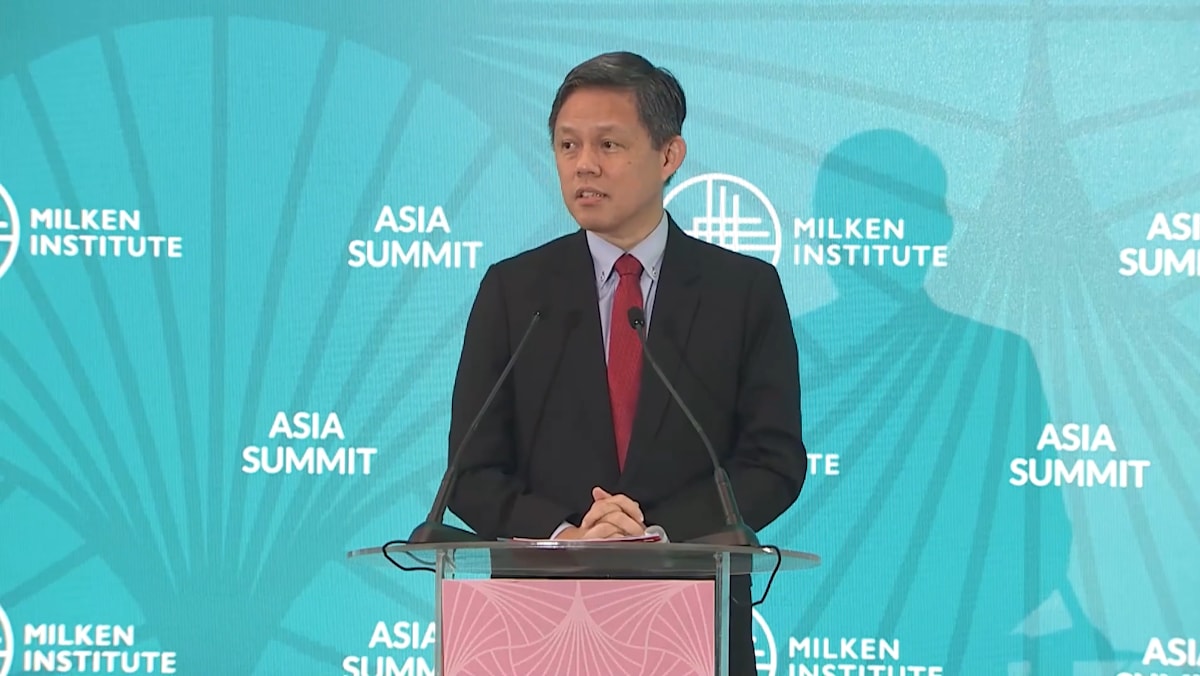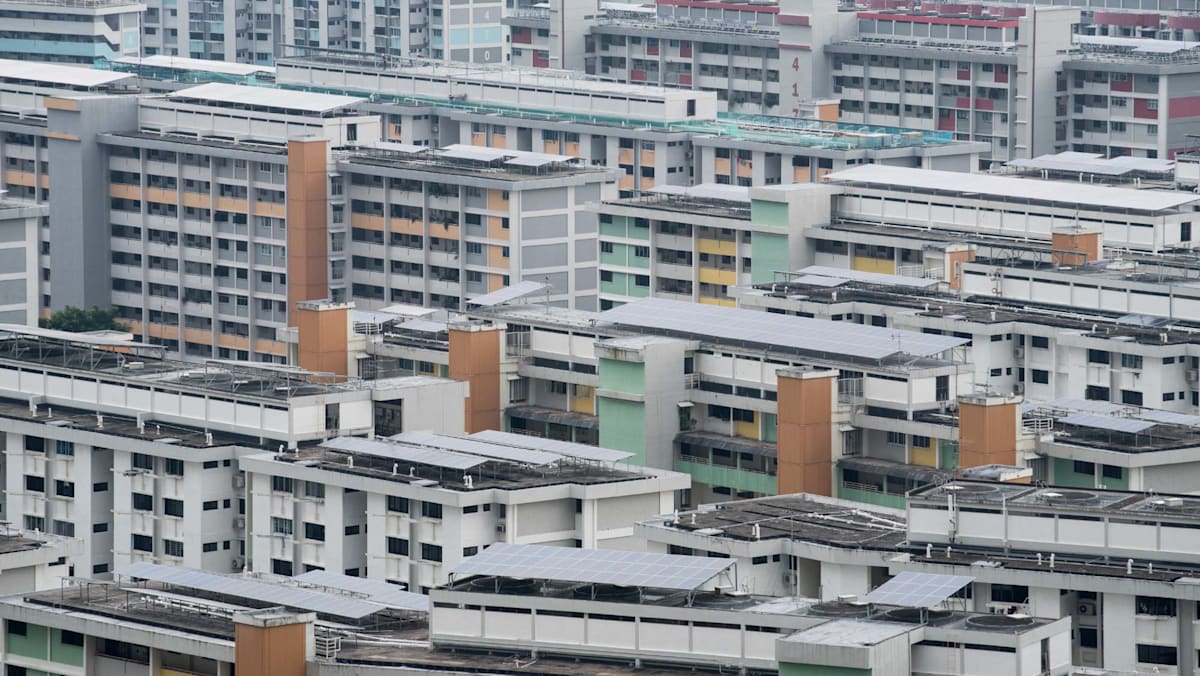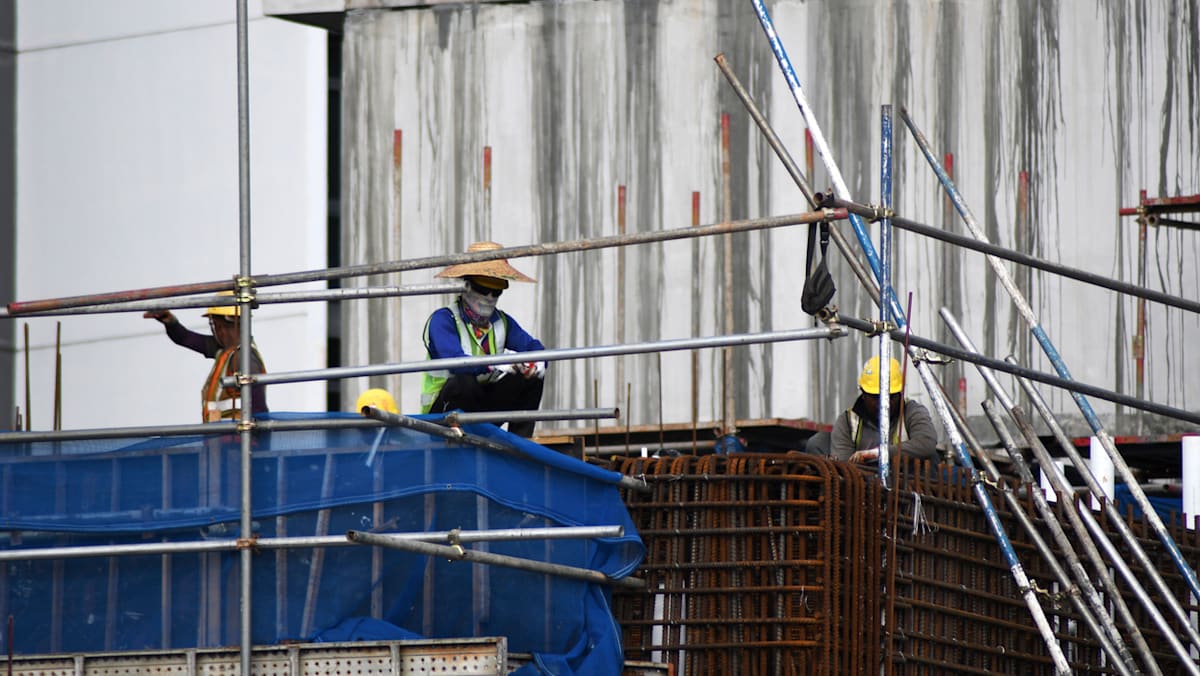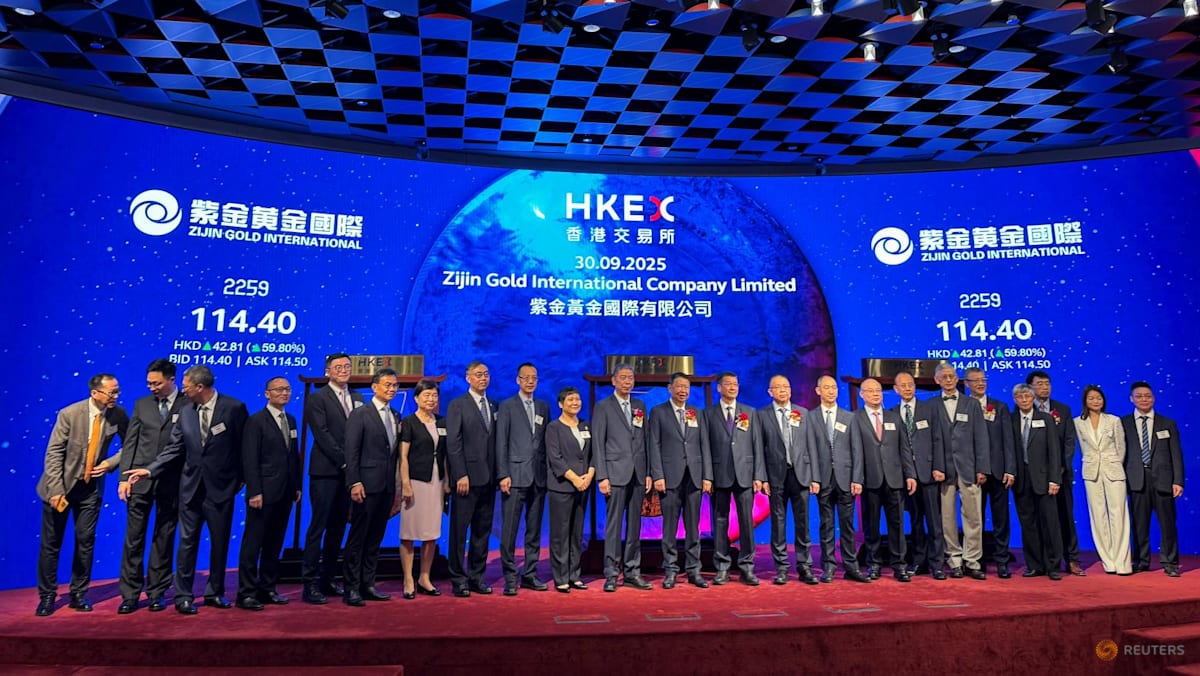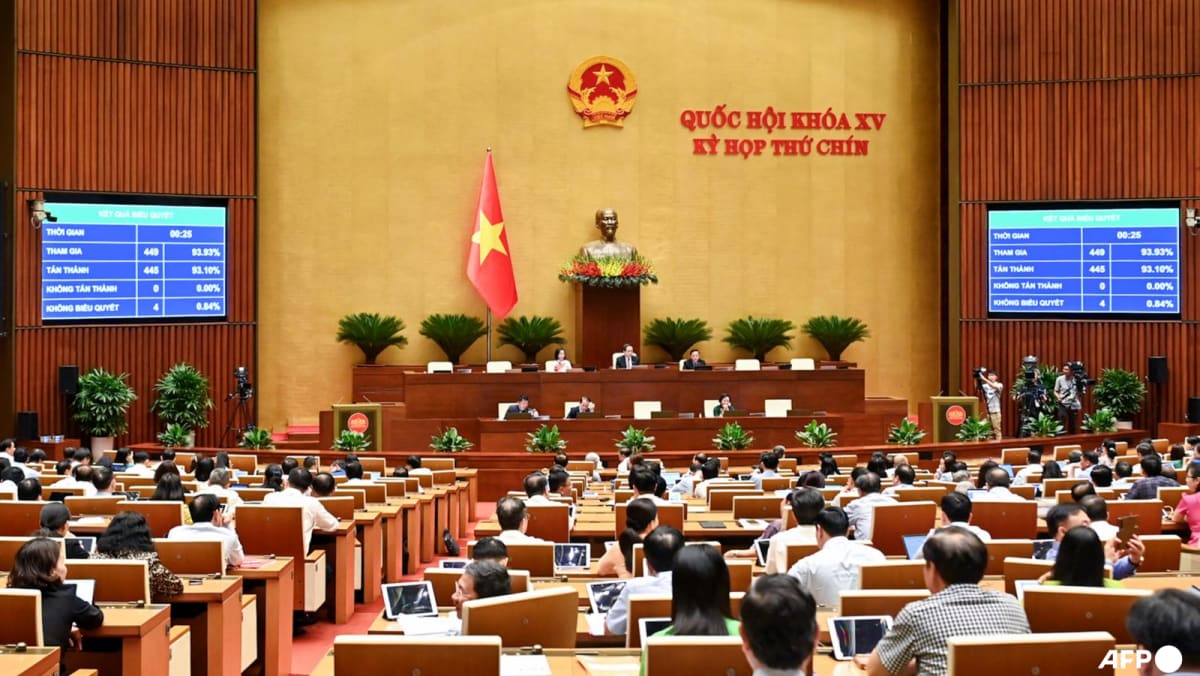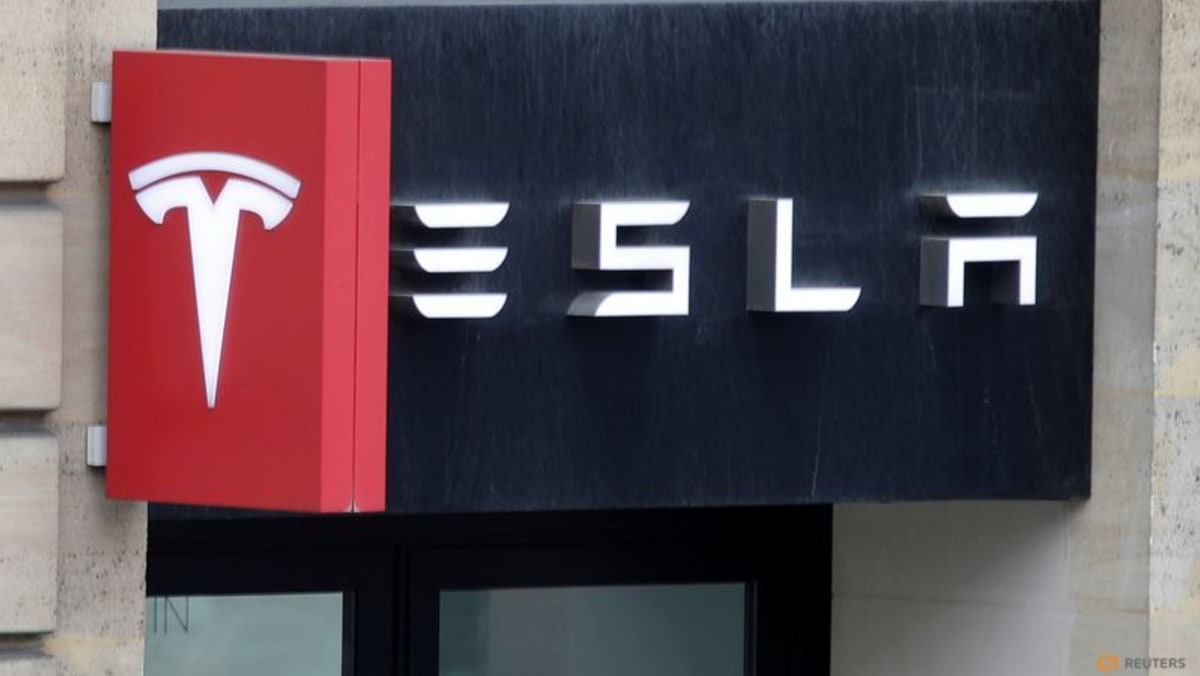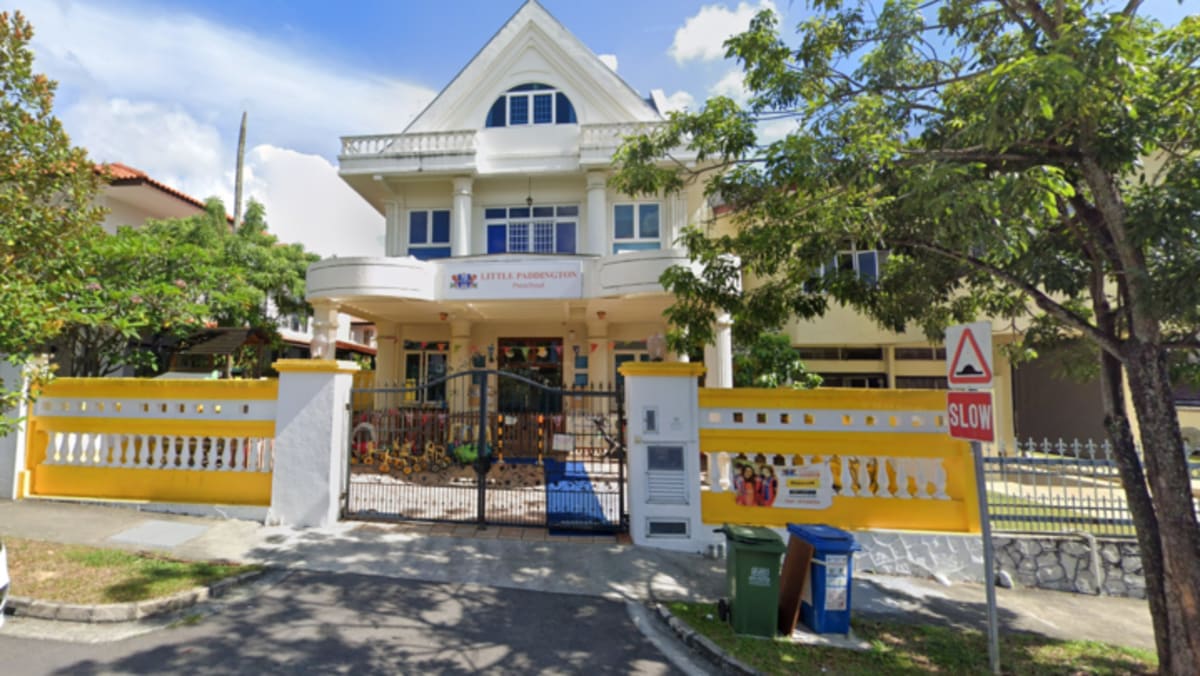SINGAPORE: Companies in Singapore are less ambitious than firms in other Southeast Asian countries when it comes to future automation plans, a new survey has found.
Their approach appears to be "incremental" and "pragmatic", which may be because of concerns over job losses and displacement, according to the States, Markets and Regional Integration report, released on Tuesday (Jul 22).
The report also found that the majority of Singapore companies polled see automation leading to either an increase in headcount or no change. In comparison, businesses in the Philippines, for instance, expect more job displacement due to automation.
Automation can refer to the use of artificial intelligence, industrial robots, production and machinery automation, general software and information technology or other tools.
The report sought to understand how businesses in seven Southeast Asian countries view four areas of economic transformation: automation and digitalisation, sustainability practices, regulation and governance, and cooperation through regional institutions.
Cambodia, Indonesia, Laos, Malaysia, the Philippines, Singapore and Vietnam were included in this study.
In Singapore, the survey was led by National University of Singapore (NUS) in collaboration with the Institute of Policy Studies (IPS), and involved trade associations and chambers including the Singapore Business Federation (SBF) and the American Chamber of Commerce in Singapore.
The report was released a week before an upcoming IPS-SBF conference titled "Global-City Singapore: SG60 and Beyond". Prime Minister Lawrence Wong and Deputy Prime Minister Gan Kim Yong are expected to speak at the conference, which will be held at the Sands Expo and Convention Centre on Jul 29.
Researchers received 209 responses from companies in Singapore, but only 101 were valid – the others did not meet the threshold of completing at least 25 per cent of the questions. The survey was conducted in 2023 and 2024.
WHERE THINGS STAND
Automation is widely adopted in Singapore, but the study found that implementation of automation occurs at a lower level.
About 13.2 per cent of companies reported that they do not use any automation in their business, and nearly 70 per cent use automation in only up to 25 per cent of their business processes.
Around 14 per cent of Singapore respondents have automated between 26 and 50 per cent of their tasks, while only 2.63 per cent use automation in more than half of their work.
None of the Singapore businesses surveyed reported that they are fully automated.
“While no firms in the Singapore sample report full automation, most firms have adopted at least some form of automation, an indication of the country’s universal exposure to digitalisation, even among smaller firms,” the report said.
In terms of advanced automation, 21 per cent of Singapore respondents said they had adopted the use of industrial robots in their processes, second only to Cambodia at 21.9 per cent.
As for artificial intelligence and machine learning, Malaysia topped the rankings at 24 per cent, followed by Singapore at 19 per cent.
“These trends suggest an openness to advanced technologies, though full transformation remains gradual,” the report said.
Looking ahead to the next three years, Singapore-based companies have expressed “strong intentions” to deepen automation, but at a slower pace than respondents in neighbouring countries.
For example, 39.6 per cent of Cambodian firms, 33 per cent of Malaysian businesses and 31 per cent of Indonesian companies plan to automate more than 50 per cent of their tasks in the next three years.
By contrast, only 5.4 per cent of Singapore firms intend for more than half of their tasks to be automated in the same period.
Singapore firms’ “steady, incremental approach” reflects their measured pace of technological adoption, which is shaped by sectoral demands and workforce considerations, researchers said.
They noted that investment in digital technologies is widespread in Singapore, but focuses on operational efficiency and incremental increases in automation, instead of transformational change and large-scale technological overhauls.
“This indicates a measured and pragmatic approach to integrating new technologies, possibly reflecting concerns over potential job losses and displacement as well as the need to move forward in tandem with retraining or upskilling to complement new automation processes,” the report said.
IMPACT ON EMPLOYMENT
A majority of the Singapore companies polled also expect automation to have a limited impact on employment compared with firms in some Southeast Asian countries.
Around 40 per cent of Singapore respondents expect no change in headcount due to increased automation, while 27.3 per cent predict some increase in employment.
Another 28.6 per cent of respondents see the number of employees being somewhat reduced, and 1.3 per cent of those polled expect head counts to be reduced significantly.
“This relatively balanced outlook suggests that automation in Singapore is viewed as a tool for augmenting – not replacing – human capital. It also underscores a confidence in the adaptability of the workforce,” the report said.
Among the countries studied, the Philippines stood out as a majority of respondents – 68.3 per cent – expect that automation will reduce employment, indicating stronger concerns over labour displacement, the report said.
Vietnamese firms also hold a similar “balanced view” to Singapore, with 34.4 per cent of respondents expecting no change and 24.2 per cent expecting some increase in employment.
A larger portion of Malaysia and Indonesia firms expect more hiring due to automation – 47.4 per cent of firms in Indonesia and 36.3 per cent of businesses in Malaysia anticipate that they will hire more staff as they implement their automation plans.
OTHER FINDINGS
The study also found that businesses in Singapore have a “relatively strong preference” for working with business associations and trade associations and chambers (TACs) when it comes to navigating issues.
Over 86 per cent of respondents allocate more than 25 per cent of their effort toward this type of engagement, the report said.
“This may suggest that a strong majority of firms in Singapore are confident in cooperating with business associations and TACs.”
They also maintain a “notable level of independent activity”, with 26 per cent of Singapore-based firms allocating between 81 per cent and 100 per cent of their effort to working alone.
By contrast, 64.3 per cent of Singapore businesses do not put much effort into working with other firms.
Dr Faizal Bin Yahya, senior research fellow at lPS, said: “In this context, rather than just ‘hunting in a pack’ with other firms for overseas opportunities, firms would need the involvement of the TACs or work directly with TACs in order to do so.”
On the issue of sustainability, companies in Singapore said regulatory mandates and customer expectations are more effective in motivating change, rather than pressure from civil society.
If the government introduced new strict environmental laws and penalties, 17.6 per cent of respondents said they would be willing to invest more than 15 per cent of their annual operating costs to improve their environmental practices.
If major clients pressure the company to reduce environmental harm, 26.7 per cent of respondents said they would invest more than 10 per cent of their annual operating costs.
“While firms recognise the value of environmental responsibility, investments remain modest in general or reputational scenarios,” the report said. “Willingness to invest increases significantly when customer expectations are introduced.”






